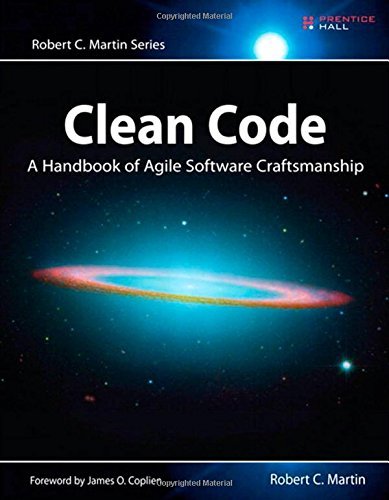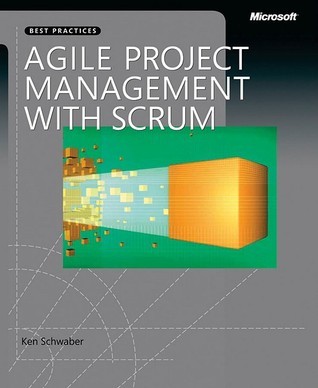Clean Code Book Summary
A Handbook of Agile Software Craftsmanship
TL;DR
Clean Code by Robert C. Martin emphasizes the importance of writing clean, maintainable software. It provides principles, practices, and case studies to transform poor code into high-quality code, making it essential for developers aiming for craftsmanship in programming.
What is Clean Code about
Clean Code: A Handbook of Agile Software Craftsmanship by Robert C. Martin presents a critical view on the significance of clean coding practices in software development. The book argues that while even poorly written code can function, its maintenance can drain resources and time from organizations. Martin, a notable figure in software engineering, collaborated with his colleagues to create a resource aimed at promoting the values of a software craftsman. The book is structured into three parts: it begins with the principles and practices of clean code; follows with detailed case studies showcasing code cleanup; and concludes with a list of heuristics and code smells. Readers will learn how to distinguish good from bad code, create meaningful structures, and implement effective error handling, making it a must-read for software professionals.
Clean Code 8 Key Takeaways
Principles of Clean Code
Understanding the fundamental principles behind clean code is essential for effective software development. Martin emphasizes clarity and intention in code, which helps other developers understand and maintain it easily.
Case Studies for Practice
The inclusion of real-world case studies allows readers to see practical applications of clean coding principles. This hands-on approach reinforces the book's concepts and encourages active learning through code transformation exercises.
Error Handling Techniques
Proper error handling is vital for maintaining clean code without obscuring logic. Martin teaches developers how to implement error management in a way that keeps code readable and manageable.
Unit Testing
Unit testing is a cornerstone of clean code practices. Martin advocates for test-driven development, which promotes writing tests before coding, ensuring that the code meets its intended purpose right from the start.
Code Smells and Heuristics
The final chapter presents a collection of heuristics and common 'code smells' to be aware of. Recognizing these issues can help developers proactively write cleaner and more efficient code.
Importance of Naming
Good names are critical in clean code. Martin explains how meaningful naming conventions can significantly enhance code readability and maintainability, making it easier for developers to understand its purpose.
Avoiding Duplication
Duplication in code can lead to maintenance nightmares. Martin emphasizes the importance of keeping code DRY (Don't Repeat Yourself), which helps in minimizing errors and simplifying future updates.
Effective Function Design
Functions should be small, focused, and do one thing well. This principle is essential for maintaining clean and understandable code, as it enhances modularity and reusability.
Top Clean Code Quotes
- 'Clean code always looks like it was written by someone who cares.' - Robert C. Martin
- 'The only way to go fast is to go well.' - Robert C. Martin
- 'Code is like humor. When you have to explain it, it’s bad.' - Robert C. Martin.
Who should read Clean Code?
Clean Code is ideal for developers, software engineers, and project managers eager to enhance their coding standards and practices. It serves as a guide for anyone involved in software development who wishes to build more maintainable and readable code.
Clean Code Best Reviews
- 'Clean Code is an essential guide for every programmer who seeks to improve their coding practices and work more effectively.' - TechCrunch
- 'Robert C. Martin highlights the art of coding and why every developer should strive to write clean code.' - Software Development Magazine
- 'A must-read for software engineers; it reshapes your understanding of code quality and professionalism.' - Coding Review.


